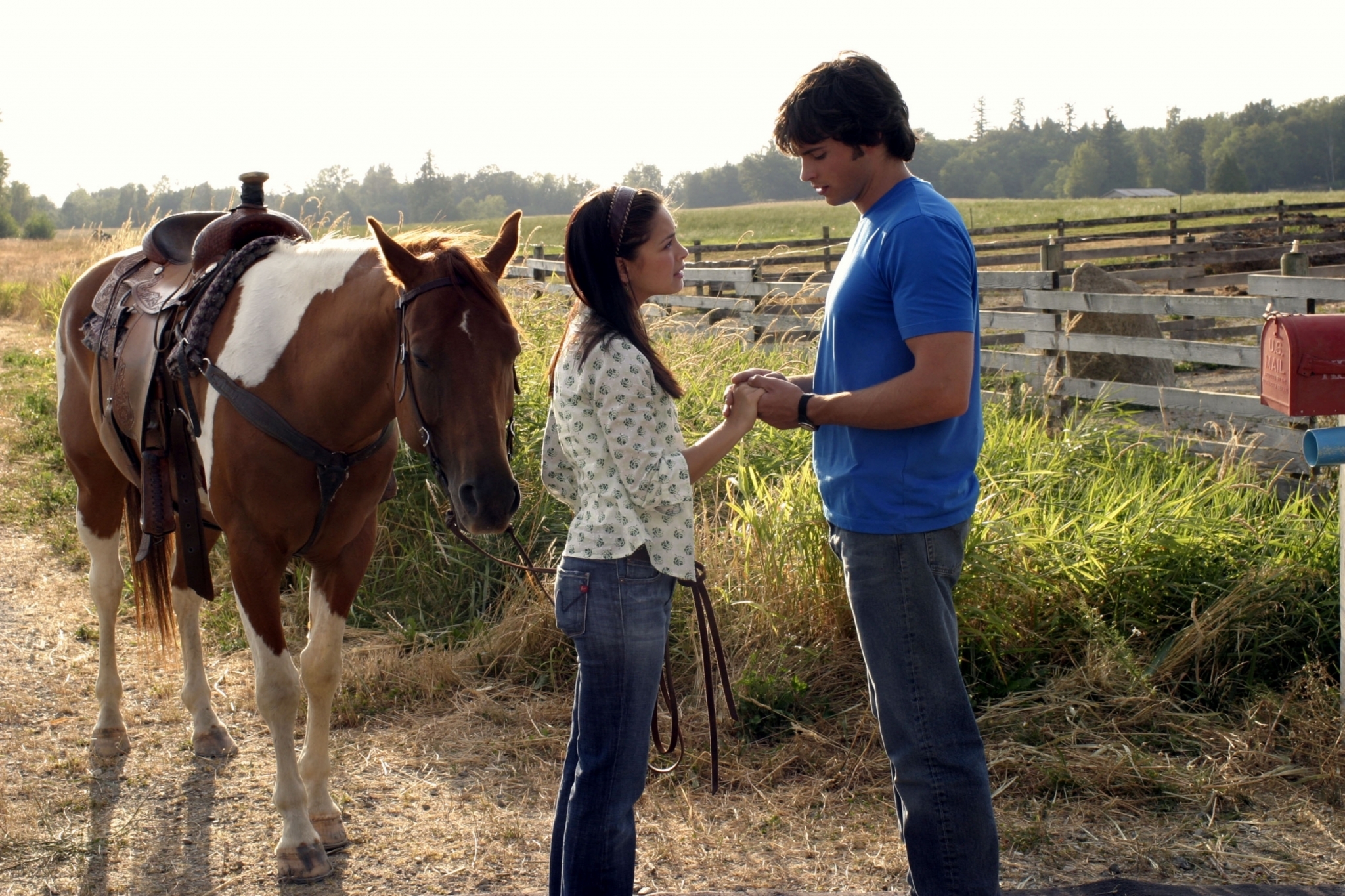|
home | what's new | other sites | contact | about |
||||
|
Word Gems exploring self-realization, sacred personhood, and full humanity
Suzanne and Leonard
Leonard Norman Cohen (1934 - 2016)
Wikipedia: "Leonard Cohen was a Canadian singer-songwriter, poet and novelist. His work explored religion, politics, isolation, sexuality, and personal relationships... In the 1970s, Cohen was in a relationship with artist Suzanne Elrod… Cohen and Elrod separated in 1979 with him later stating that 'cowardice' and 'fear' prevented him from marrying her. Their relationship produced two children: a son, Adam (b. 1972) and a daughter, Lorca (b. 1974)... Hallelujah written by Cohen was originally released on his album Various Positions in 1984. Following the increased popularity after being featured in the film Shrek (2001), many other arrangements have been performed by many and various singers, with over 300 versions known. Hallelujah experienced renewed interest following Cohen’s death in November 2016 and appeared on multiple international charts, including the American Billboard Hot 100... Cohen wrote 80 draft verses for Hallelujah.”
Kairissi. Leonard is so sad on the cover of “Various Positions.” Actually, it’s more than sad – he appears to me as deeply troubled and caught in despair. Elenchus. I think you’re right. The album-cover photo becomes pictorial metaphor of Hallelujah’s message. K. There’s only one thing that can lay somebody low like that. E. Whatever could it be? K. Right. There are different ways to lose someone, and Leonard has lost her in more than one way. They are terribly out-of-phase with each other. E. The epicenter of the entire song, I think, is “you don’t really care for music, do you?” K. This is more than “you don’t like a good tune.” Music is meant to open the soul, break through barriers of the ego, help us become more authentic; as someone said, music helps us “feel a feeling.” But Leonard is saying that Suzanne is a locked door to him. He can’t get through to her, and she won’t come out. E. The song seems to be telling us that they began as a typical John-and-Mary couple, mainly interested in sex and whatever comfort they could obtain from each other. Later, however, Leonard begins to perceive that there’s a mystical-spiritual side to romance, but Suzanne is afraid of that kind of talk. She wants to keep things the way they were. K. Leonard makes a colorful and provocative statement about their early relationship: “all I ever learned from love is how to shoot at someone who outdrew you.” This is combat, but not the sacred kind, as we discussed in The Wedding Song. E. It’s like a contest to them, each trying to “out-draw” the other, each trying to get the upper-hand in the relationship. It’s all pretty egocentric, what The Wedding Song called “buying and selling, giving and receiving” in quid pro quo negotiation for their domestic business contract. K. Leonard's view of dysfunctional marriage, "someone who outdrew you," might be loosely translated as, "that's when the shooting starts." E. (small smile) K. I think this "each-for-the-self" gamesmanship inspires Leonard’s biblical allusions: Delilah tricked Samson, “tied him to a kitchen chair and cut his hair.” She stole his power. And Bathsheba paraded herself naked just outside the king’s apartment as she “bathed on the roof.” You don’t take a bath just outside the king’s window by accident. This was Bathsheba’s power-play. E. Now we know why she was called "Bath"-sheba. K. Uh-huh. E. Love for these femmes-fatales was a “victory march,” a “planting of the flag” of conquest on a “marble arch.” But Leonard got really tired of that one-upmanship. Early on, he admits, like King David, he was defeated by this onslaught of sexual charm and manipulation -- “overthrown by her beauty in the moonlight.” K. Eventually, though, even the allure of a naked woman gets old. King David, too, after a while, no longer slept with Bathsheba. Disillusionment set in – and this is where Leonard found himself. He wants more than quick sex. He wants deeper purpose and meaning for their love.
Now, when he “moves” in her, the “holy dove” – a symbol of spirit, of enlightenment – is “moving, too,” and he craves that deeper significance. He wants "sacred sex," he wants it to represent their spiritual oneness. He’s gone beyond “slam, bam, thank-you, mam.” E. Ok, then -- Leonard is saying that he wants soul-to-soul intimacy with her. He wants her mind, not just her body. In the beginning, she may have been more forthcoming, but now she’s hiding from him, afraid to make herself vulnerable. K. If you see love as a “gun-slinging contest” then this makes sense – you’d be afraid to remove the armor. E. We can feel the pathos of Leonard's lament: “there was a time when you let me know, what’s really going on below, but now you never even show it to me, do you?” K. They are dying; little wonder they broke up. E. In early days, John and Mary do believe that love is a victory march. I’ll tell you what this reminds me of. Think of almost any couple’s wedding day photos. Look at those over-sized smiles! In all of their remaining lives together, they will never, ever again smile like that! – and this is all upside-down, isn’t it? But as the cameras are clicking, they don't know that. They're convinced that their wedding day is “planting a flag on the marble arch.” They think they've really won now. They’re so giddy, so jubilant, so triumphant – and so naïve, so intoxicated, so unrealistic. They have no idea what lies ahead, meaning, what's needed to enter sacred romance. They've not yet understood, with Leonard, that the road to true eternal “love is a cold, lonely, and very broken hallelujah.” K. Elenchus, please explain to everyone in a few words why this is so. E. You cannot have the true love, the true relationship, without first doing a lot of "making your music pure"; and that means "the long dark night of the soul," which is not the scenic route home. K. Right. And, if I may add a word, we can benefit by Leonard's lyric "it's not some pilgrim who claims to have seen the light." E. Tell me what you see. K. We can't make ourselves ready for true love by attending a weekend seminar, or by reading the right books, or by being a "good little boy" or "good little girl" attending church. E. That would be the "pilgrim" who "claims" to know. K. That's right. The "pilgrim" believes that truth, and the way to it, might be reduced to a formula, a correct doctrine, a prescribed way. E. But, just so we don't add confusion, what's wrong with a seminar, or doctrine, or way, if it's something good. K. All these things can be good if people remember that the best any writing on wisdom, or a church service, or a seminar, might do for us is to act as a signpost, a pointer, to the truth. But too many people end up worshipping the signpost and forgetting the reality of it all. E. And what is the reality of it all? K. You have to go within. You have to "make your music pure." You have to meet God within your own soul. No external element of the world can do that for you. Most couples named John and Mary have not "done their homework" and have not prepared their hearts, in terms of self-knowledge, to enter into union with an ultimate Sacred Beloved. E. (sighing) K. Ellus Dear, as we close, I’d like to offer a word of commendation for Leonard. His courage in the face of love-lost is exemplary. Even though he could not reach her, and, in the end, “it all went wrong,” he learned something, he saw something. For just a moment, he caught a glimpse of what true love might yet become with a destined one: “I’ll stand right here before the Lord of song with nothing on my tongue but hallelujah, hallelujah, hallelujah, hallelujah!”
Editor's note: See the article "Spirituality, Part III" for a discussion of "following bad feelings down the rabbit hole," music as aid to unlocking the long-barred doors of the mind.
Leonard Cohen’s “now you never even show it to me, do you?” plays out in various ways. Lana has been trying forever to get the attention of a distracted farm-boy next door, but, when Clark finally finds his voice, she “pretends it never happened.” If you really want to hurt someone, I mean, even more than with green kryptonite, do what Lana did to Clark; of course, he had it coming with his interminable secrets and never telling her. But, even so, think about how it would feel: you experience, what Clark called, “the perfect moment” -- a timeless, eternal moment of clarity, of soul-wishes fulfilled, extreme delight, and wild-streak ecstasy; but then, as swiftly as it came, the girl you love, have always loved -- as Clark admitted, "since age five" -- “pretends it never happened.” It would feel like utter confusion and disorientation, like nothing could ever be worse; it would feel like Kairissi and Elenchus's betrayal incident.
|
||||
|
|







